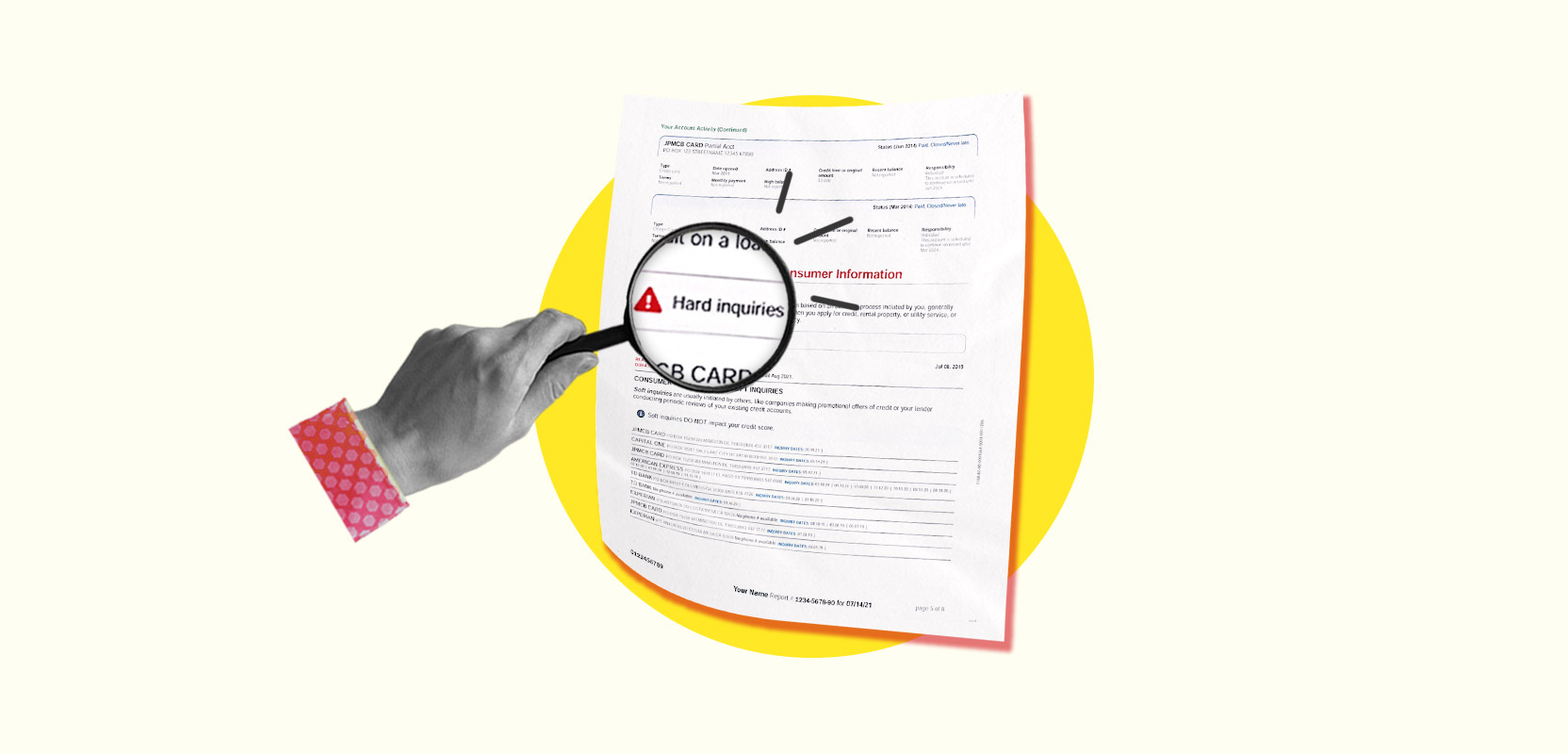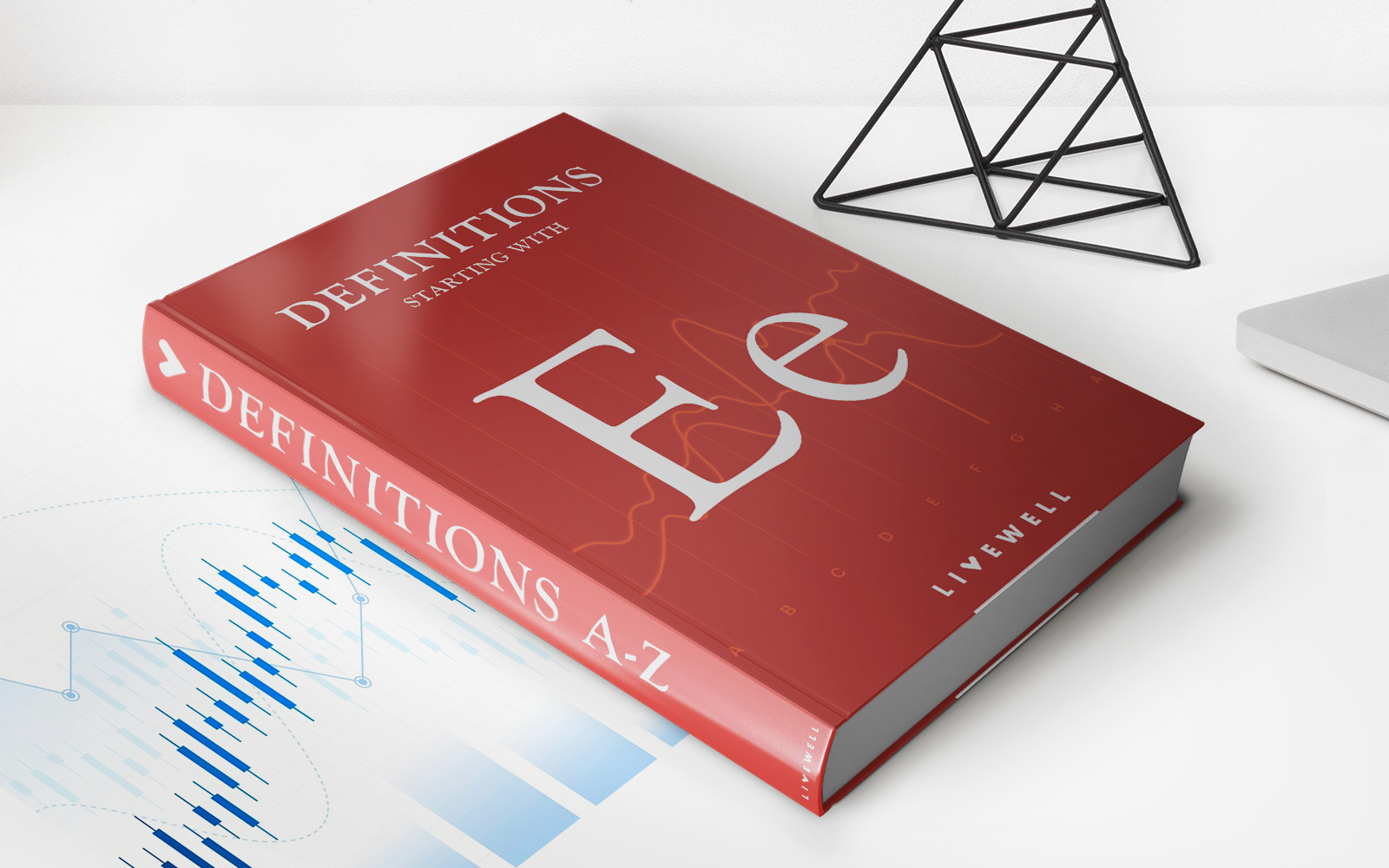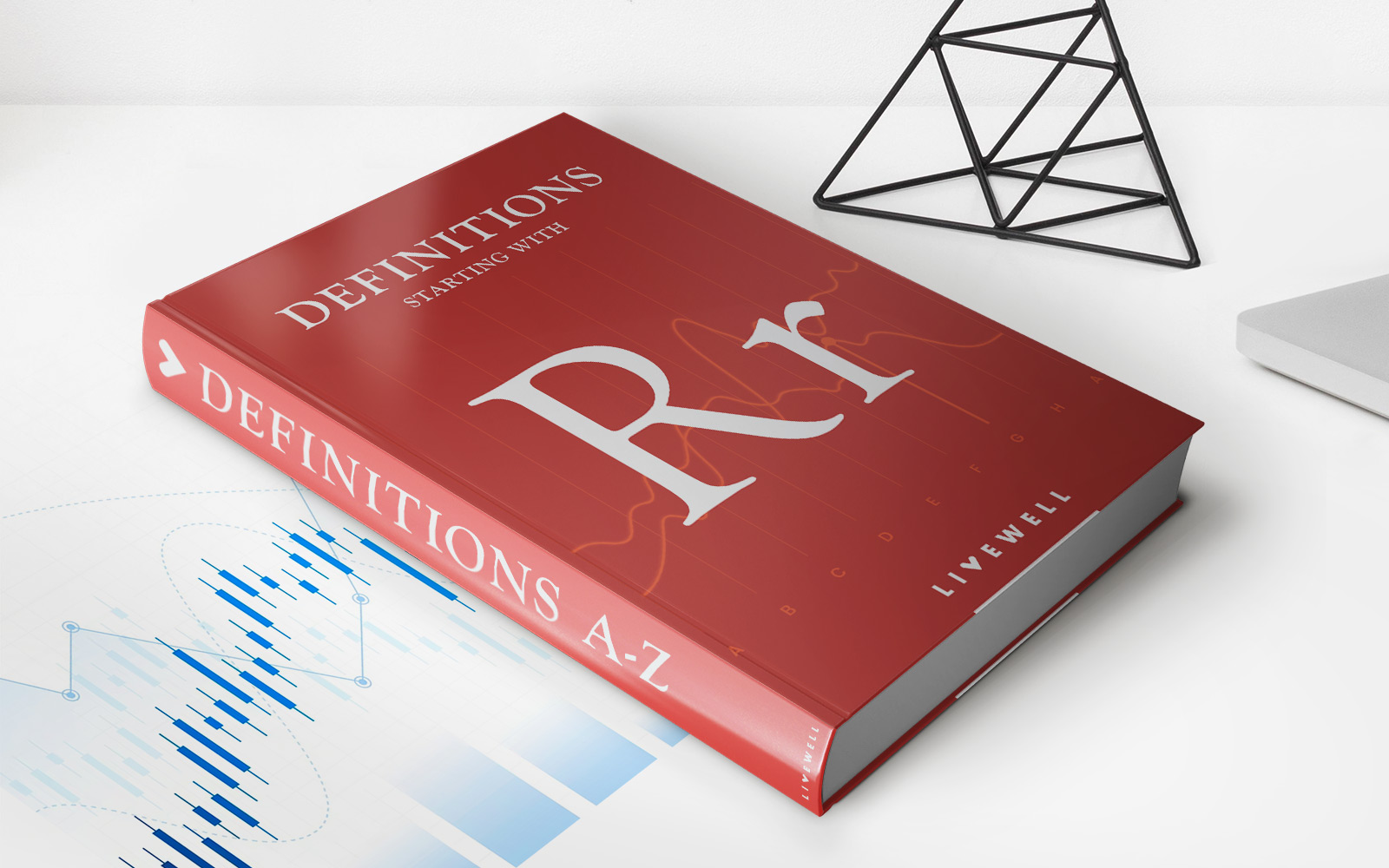Home>Finance>Do Banks Run A Hard Credit Inquiry When You Open An Account?


Finance
Do Banks Run A Hard Credit Inquiry When You Open An Account?
Published: March 4, 2024
Find out if banks run a hard credit inquiry when you open a finance account. Learn how it can impact your credit score and financial health.
(Many of the links in this article redirect to a specific reviewed product. Your purchase of these products through affiliate links helps to generate commission for LiveWell, at no extra cost. Learn more)
Table of Contents
Introduction
Opening a bank account is a significant financial milestone for many individuals. It marks the initiation of a relationship with a financial institution, laying the foundation for managing personal finances, saving for the future, and accessing essential banking services. However, a common concern among consumers is whether banks conduct a hard credit inquiry when an individual applies to open a new account. Understanding the implications of such inquiries on credit scores is crucial for making informed decisions about financial matters.
This article aims to provide comprehensive insights into the practice of hard credit inquiries by banks when individuals open new accounts. By delving into the nature of hard credit inquiries, their impact on credit scores, and the specific policies of financial institutions, readers will gain a deeper understanding of the process and its potential ramifications.
Navigating the realm of personal finance often involves making choices that can influence one's financial standing, and being well-informed about the implications of various financial activities is essential. Therefore, exploring the nuances of hard credit inquiries in the context of opening bank accounts is a valuable endeavor for individuals seeking to make informed financial decisions. Let's embark on a journey to unravel the intricacies of hard credit inquiries and their relevance to the process of opening a bank account.
What is a hard credit inquiry?
A hard credit inquiry, also known as a hard pull or hard credit check, occurs when a financial institution, such as a bank or a lender, reviews an individual’s complete credit report as part of the assessment for a financial product or service. This type of inquiry typically takes place when applying for a credit card, a loan, or a mortgage. The primary purpose of a hard credit inquiry is to evaluate an individual’s creditworthiness and assess the associated risk before extending credit or granting a loan.
When a hard credit inquiry is initiated, the financial institution gains access to the applicant’s detailed credit history, including information about current and past credit accounts, payment history, outstanding debts, and other relevant financial activities. This comprehensive review enables the institution to make informed decisions regarding the individual’s credit application.
It is important to note that hard credit inquiries are distinct from soft credit inquiries, which do not impact an individual’s credit score. Soft inquiries may occur during background checks, pre-approval processes, or credit checks by employers. Unlike hard inquiries, soft inquiries are not associated with credit applications for new loans or credit lines, and they do not affect an individual’s credit score.
Hard credit inquiries are recorded on an individual’s credit report and may have a temporary impact on their credit score. While a single hard inquiry is unlikely to cause significant credit score fluctuations, multiple inquiries within a short timeframe can raise concerns among lenders and may be interpreted as a sign of financial distress or excessive credit-seeking behavior.
Understanding the nature of hard credit inquiries is essential for individuals navigating the financial landscape, as it empowers them to make informed decisions when applying for credit and managing their overall financial well-being.
Do Banks Run a Hard Credit Inquiry When You Open an Account?
When individuals consider opening a bank account, whether it’s a checking account, savings account, or a combination of both, they often wonder if the process will involve a hard credit inquiry. The good news is that in most cases, simply opening a standard deposit account, such as a checking or savings account, does not prompt a hard credit inquiry by the bank. These types of accounts are designed for the purpose of depositing and withdrawing funds, and they do not extend credit to the account holder.
Since traditional deposit accounts do not involve the extension of credit, banks typically do not need to assess an individual’s creditworthiness through a hard credit inquiry when opening such accounts. Instead, the bank may require basic personal information, such as identification documents and proof of address, to establish the account. This streamlined process allows individuals to initiate a banking relationship without undergoing a credit check that could impact their credit score.
However, it is important to note that while opening a standard deposit account does not trigger a hard credit inquiry, certain specialized banking products, such as overdraft lines of credit or certain types of secured accounts, may involve a credit review. In these cases, the bank may conduct a hard credit inquiry to evaluate the applicant’s eligibility for the specific product, as it entails an extension of credit or a secured arrangement.
For individuals seeking to open a basic checking or savings account, the process typically focuses on verifying identity and establishing the account’s operational framework, without delving into the individual’s credit history. This approach allows consumers to access essential banking services without the impact of a hard credit inquiry on their credit score, fostering greater accessibility and financial inclusion.
By understanding the distinction between deposit accounts and credit-based banking products, individuals can confidently pursue the opening of a bank account, knowing that the process is designed to facilitate access to fundamental financial services without imposing unnecessary credit-related barriers.
How Does a Hard Credit Inquiry Affect Your Credit Score?
When a financial institution conducts a hard credit inquiry as part of a credit application process, it has the potential to impact an individual’s credit score. Understanding the implications of these inquiries is essential for maintaining awareness of one’s credit standing and making informed financial decisions.
Hard credit inquiries typically have a modest and temporary impact on credit scores. On average, a single hard inquiry may result in a small decrease in the credit score, often in the range of 5 to 10 points. This impact is generally short-lived, and the credit score can recover from the decrease over time, especially as the individual demonstrates responsible credit management and on-time payment behavior.
It is important to note that the impact of a hard credit inquiry may vary based on an individual’s overall credit profile. For individuals with limited credit history or few existing credit accounts, the influence of a hard inquiry may be more pronounced compared to those with established credit histories and diverse credit accounts. Additionally, multiple hard inquiries within a short timeframe, such as when applying for multiple credit cards or loans, can signal heightened credit risk to potential lenders and may lead to more significant credit score fluctuations.
Despite the potential impact on credit scores, it is crucial to recognize that the effects of hard inquiries are temporary, and they diminish over time. As the credit bureaus observe continued responsible credit behavior and the absence of further inquiries, the credit score can rebound to its previous level. Therefore, individuals should approach credit applications thoughtfully, considering the potential impact of hard inquiries while balancing their credit needs and financial goals.
Furthermore, consumers are encouraged to monitor their credit reports regularly to ensure the accuracy of reported inquiries and to identify any unauthorized or erroneous entries. By staying vigilant about their credit information, individuals can proactively address any discrepancies and maintain the integrity of their credit profiles.
In essence, while hard credit inquiries can have a transitory effect on credit scores, their significance diminishes over time, especially when accompanied by responsible credit management practices. By staying informed about the impact of credit inquiries and exercising prudence in credit applications, individuals can navigate the credit landscape with confidence and maintain healthy credit profiles.
Conclusion
Opening a bank account is a pivotal step in managing personal finances and accessing essential banking services. Understanding the intricacies of hard credit inquiries in the context of account opening is crucial for individuals seeking to initiate or expand their banking relationships. Through this exploration, we have shed light on the nuanced relationship between hard credit inquiries and the process of opening a bank account, empowering readers with valuable insights into this aspect of personal finance.
As we have uncovered, the act of opening a standard deposit account, such as a checking or savings account, typically does not prompt a hard credit inquiry by the bank. This streamlined approach allows individuals to establish banking relationships without the impact of a credit check, fostering accessibility and financial inclusion. However, specialized banking products that involve credit extensions or secured arrangements may require a credit review, potentially leading to hard credit inquiries.
Furthermore, we have delved into the impact of hard credit inquiries on credit scores, recognizing that while these inquiries can result in temporary score decreases, the effects are transient and diminish over time. By maintaining responsible credit behaviors and monitoring their credit reports, individuals can navigate the implications of credit inquiries with confidence and prudence.
Ultimately, the journey of opening a bank account is enriched by an understanding of the processes and considerations involved, including the role of hard credit inquiries. Armed with knowledge about these aspects of personal finance, individuals can embark on their banking endeavors with clarity and informed decision-making, laying the groundwork for sound financial management and well-being.
As we conclude this exploration, it is evident that the intersection of hard credit inquiries and the opening of bank accounts underscores the importance of financial literacy and awareness. By equipping oneself with insights into these facets of the financial landscape, individuals can navigate their banking experiences with confidence, setting the stage for a solid foundation in personal finance.














